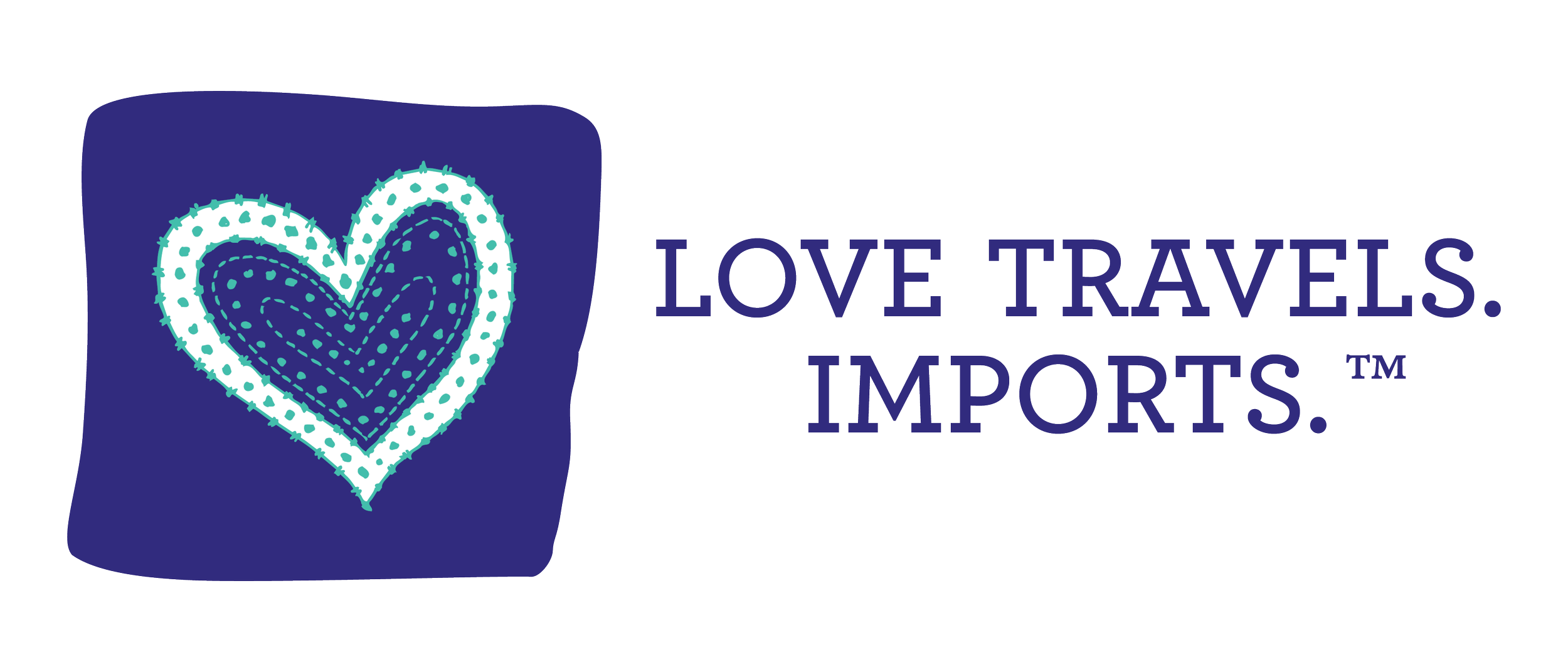WomenCraft Artisans, East Africa
WomenCraft Artisans, East Africa
WomenCraft is a social enterprise working in Ngara, which employs 600 women artisans in the hills of Mafiga Matatu, the tri border region between Rwanda, Tanzania, and Burundi. Their mission is to increase economic opportunity for Tanzanian and Burundian women and help them advance themselves, their families, and their community. The WomenCraft artisans weave locally harvested grasses, raffia, and banana fibre together with vibrant Tanzanian fabrics. The handmade products reflect the beauty of nature in the artisan’s natural environment & the beauty of their culture, literally woven into each product. Their products are known for their simple elegance and the word in their language to describe this is: inayotuZUNGUKA! (meaning: that which is around us)
What’s it like for the artisans living in this area?
The women of WomenCraft struggle against numerous challenges, such as AIDS, illiteracy, and domestic violence. In Burundi, a country still recovering from decades of war, WomenCraft offers these women a unique chance to rebuild their lives. In Tanzania, most villages lack clean water, schools, and basic health services. WomenCraft is helping to bring economic opportunities through supporting traditional handicrafts and believes that women are the change makers in these countries. When women and girls earn money, they invest 90% in their families, compared to 30-40% for men. Studies have shown that women are the ones who can offer the most effective solutions for poverty reduction because they reinvest back into their communities.
Why Baskets?
WomenCraft baskets are steeped in tradition. The local Haganza women have hand woven coiled baskets for generations. Food was served in baskets before porcelain arrived. Baskets were presented as a wedding gift to the bride. A woman with good weaving skills was sought after. Today, baskets store beans, peanuts, and flour and decorate the walls of local homes. WomenCraft’s talented artisans weave colorful, unique, yet authentic African baskets of very high quality that are now enjoyed by customers all over the world.
How is environmental sustainability considered in these artisan’s work?
WomenCraft’s baskets are made from the natural materials from the environment where they live. The baskets are made from natural reed grass, the dried bark of a local banana tree and the white threads of upcycled rice sacks.
How does WomenCraft benefit the women?
WomenCraft’s Social Impact Projects have helped artisan communities.
Six artisan community centers have been built, housing health clinics and community meetings
New businesses such as soap making, milk goat rearing, community gardening and pulse trading have started through revolving loan funds
180 secondary school students have received full scholarships
Groups with less than a 50% literacy rate learned to sign their name, and are learning to read and write.
More children of artisans are attending school and have hopes for advanced education.
Individuals with severe health problems and family deaths were supported by artisans and staff.

